Although police actions have become more frequent, the migrant business in Serbia is still booming. According to local sources, smugglers are demanding thousands of euros from illegal immigrants. According to unofficial sources, the Makkhetes forest near Subotica has been divided up between Afghan, Syrian and Moroccan gangs, who have complete control and oversight over all illegal border crossing attempts.
Although authorities are trying to curb these illegal activities, the criminal network covers the entire country. In the Balkans, migrants are smuggled from the south to the north. People living along the border are desperate and fear for their lives.
Nova has highlighted earlier that barely 24 hours after the last major police operation, migrants, smugglers and taxi drivers have returned to the forest, taking advantage of the untenable situation. As Magyar Nemzet also emphasized in its earlier piece, hundreds of uniformed officers arrived at Tuesday dawn to comb through the terrain around Subotica, inch by inch.
Following the operation, more than 300 migrants were rounded up by police, but only 13 were detained and 27 others were prosecuted for various offences. Officers seized nine automatic rifles, one machine gun, three pistols and 800 rounds of ammunition.
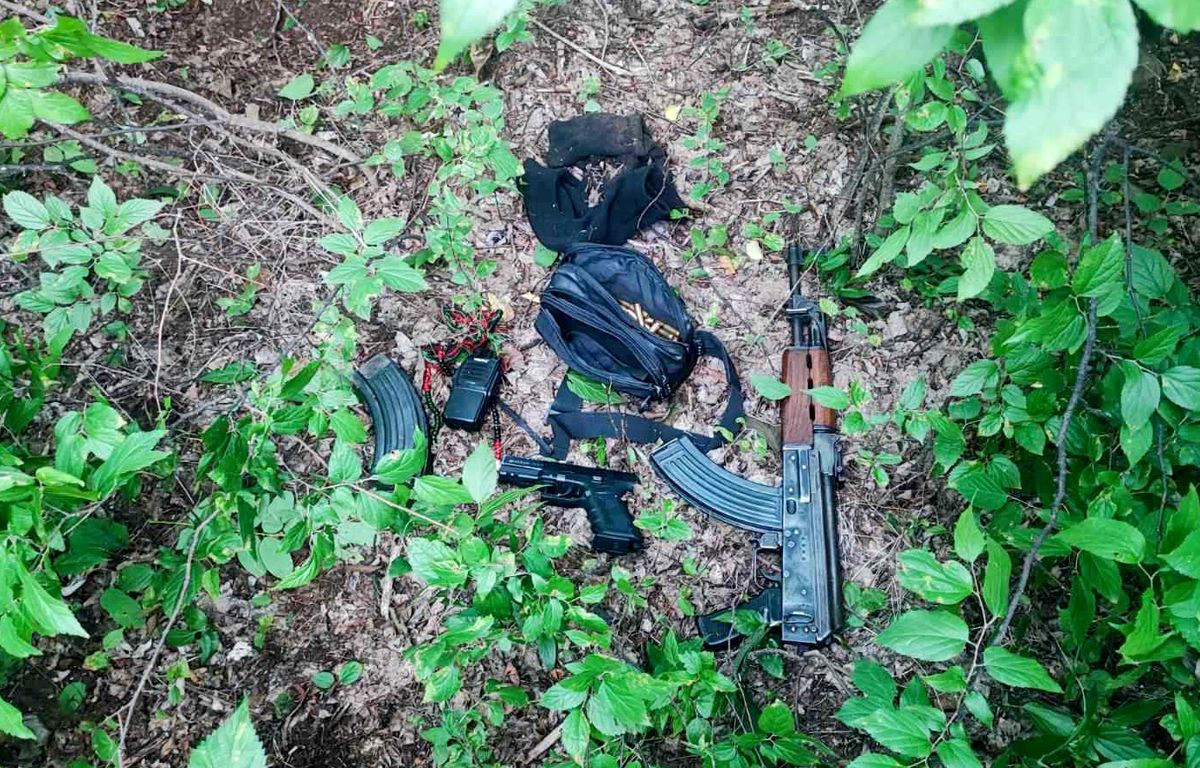
Locals say that this is only a fraction of the migrants' weapons arsenal and, according to reports, around four hundred illegal migrants already returned that evening using the taxi drivers' services.
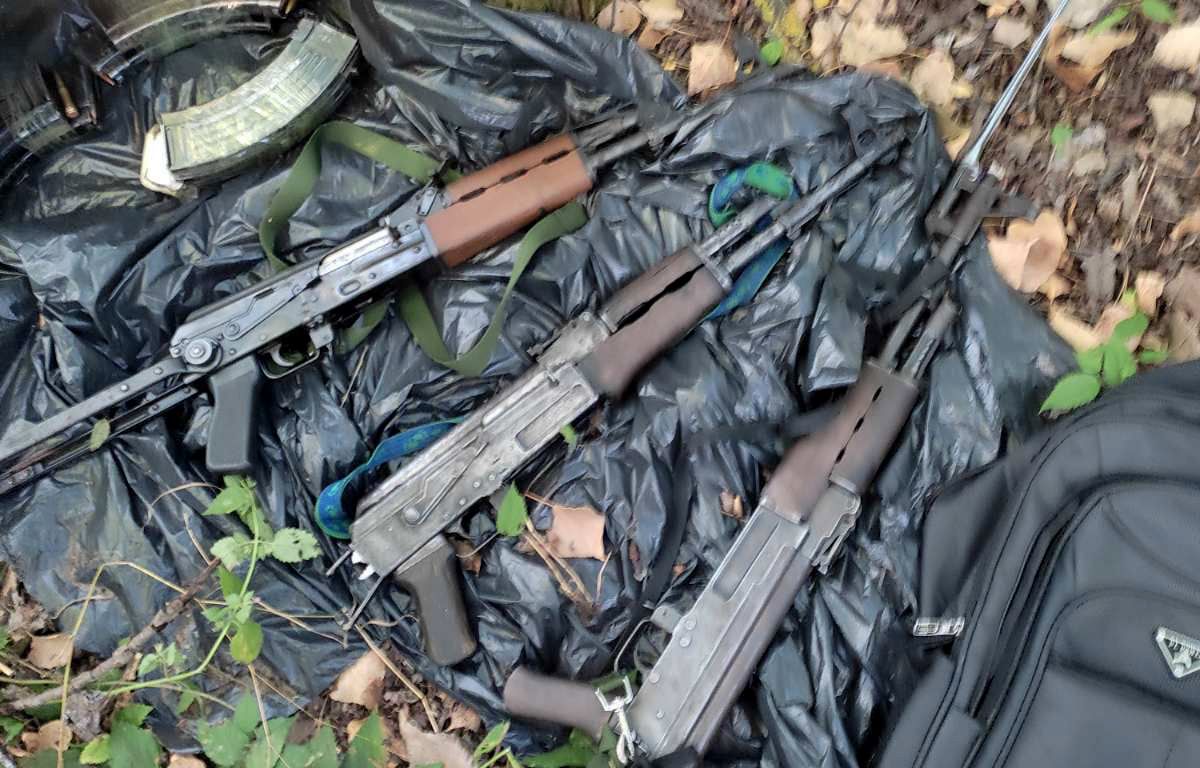
We counted at least a hundred taxis, with four migrants inside every vehicle. Just do the math!
− a local resident told the Serb Nova news portal. He added that business simply cannot stop, there is too much money involved. Until the whole network is dismantled, there will be no end to it," he added.
According to the information we received, this is how the system works: the taxi drivers drop off the migrants at the forest for a sum between 50-100 euros, where they get picked up by Moroccan and Afghan people smugglers. Several migrants have told the local press that the easier and safer crossings are more expensive, costing up to thousands of euros, while the cheaper offers are usually life-threatening, and often unsuccessful.
This could be one reason why tensions have increased in the forests near the border, as more and more people are trying to make money from the illegal border crossing business.
An unnamed resident of Makkhetes told our newspaper that the situation has reached a point where he no longer feels safe to ride his bike to work, because migrants could jump out of the bushes at the edge of the forest or a bullet could fly by. He also confirmed that shots can be heard every night.
My husband still rides his bike, but I only dare to drive my car on the streets in the area. I'm just scared.
− added the woman, visibly terrified.
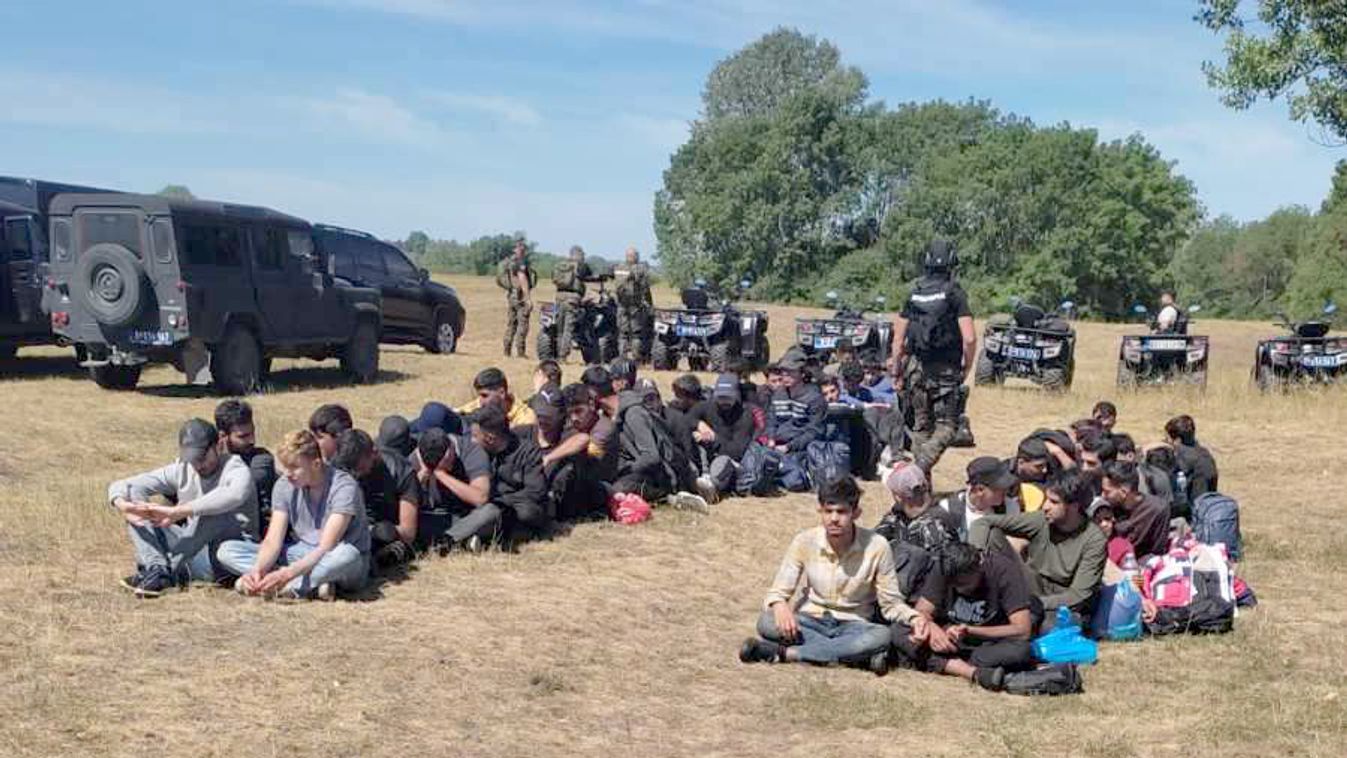





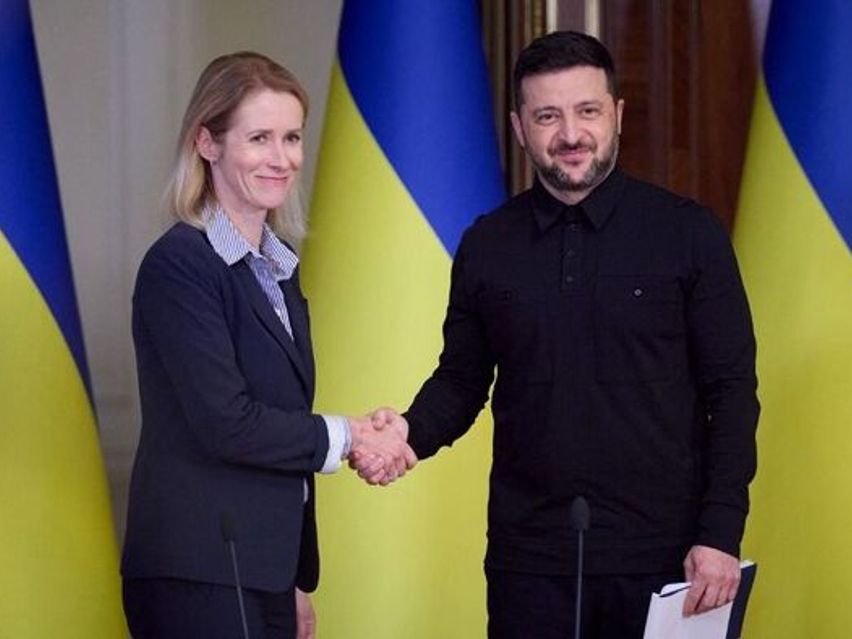






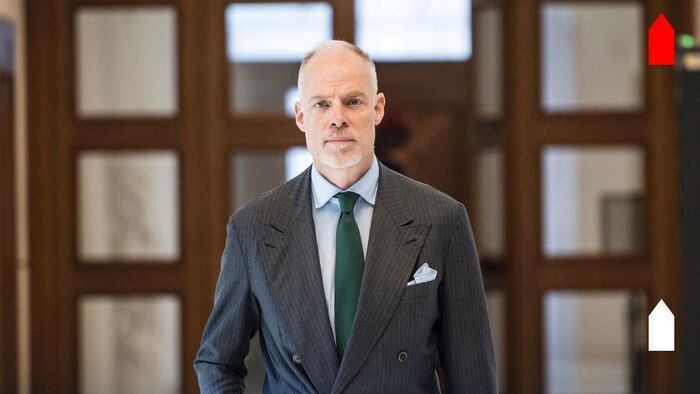









Szóljon hozzá!
Jelenleg csak a hozzászólások egy kis részét látja. Hozzászóláshoz és a további kommentek megtekintéséhez lépjen be, vagy regisztráljon!